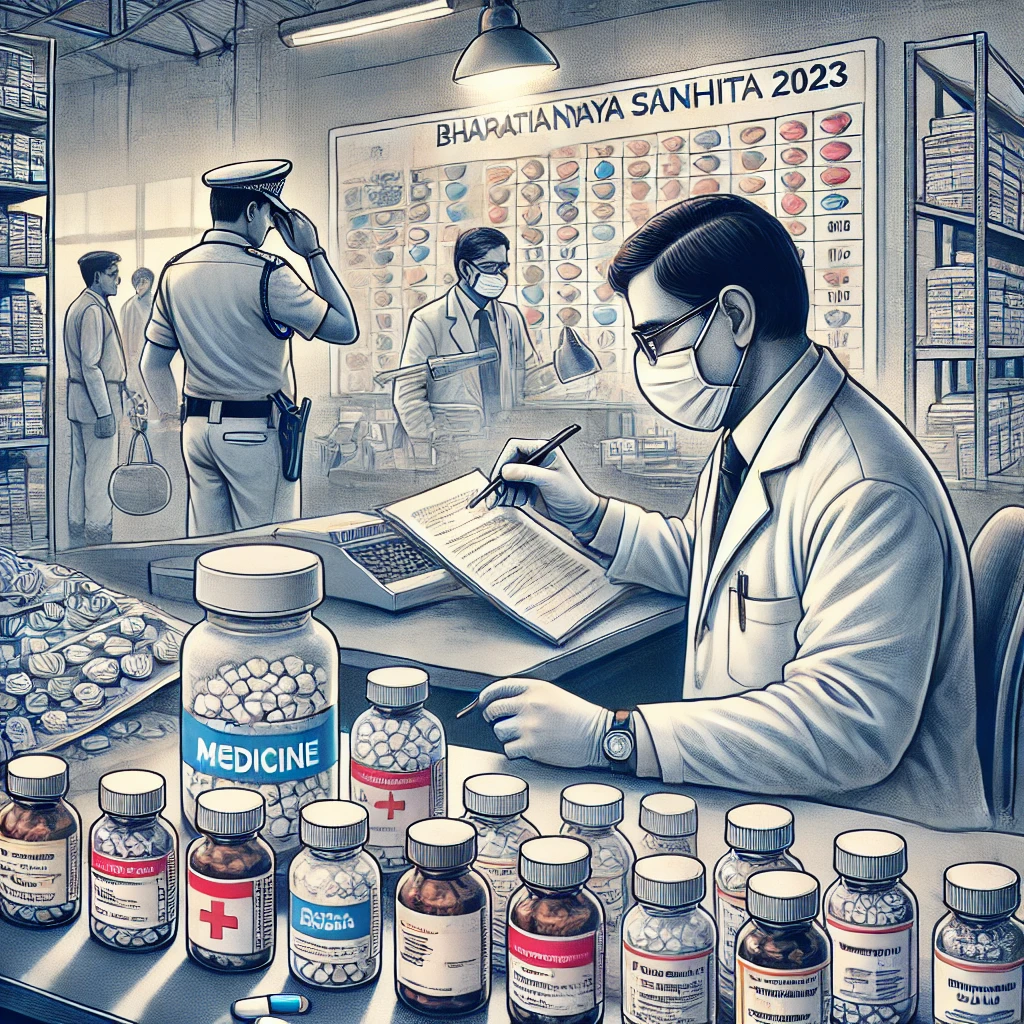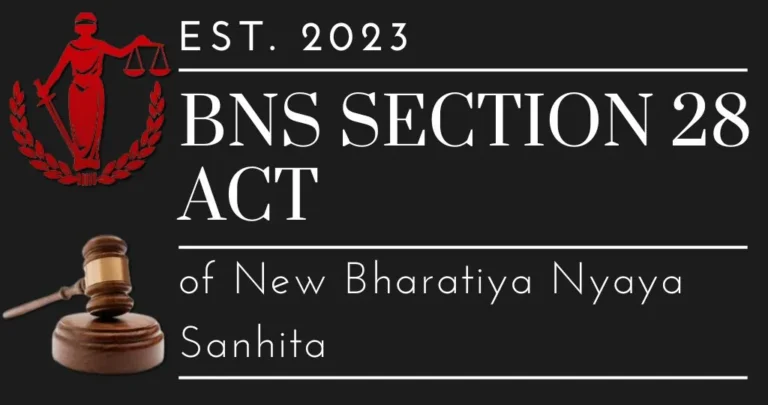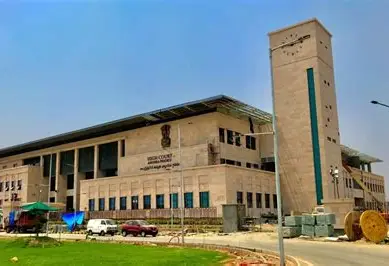
Ensuring Safety in Medicine: Bharatiya Nyaya Sanhita 2023 on Drug Adulteration and Mislabeling
“Guaranteeing Safety in Medicine: Bharatiya Nyaya Sanhita 2023 on Drug Adulteration and Mislabeling”
The Bharatiya Nyaya Sanhita, 2023 (BNS) substituted the Indian Penal Code on July 1, 2024, setting strict guidelines to guarantee public safety in all areas, including the sale and distribution of medicine and medical preparations. This article examines Sections 276, 277, and 278 of the BNS, which deal with adulterated (i.e., mixed with harmful or less effective substances) or misrepresented drugs. The laws seek to safeguard people against harm likely to be caused by spoiled or falsely described medicinal products. These provisions guarantee that drugs meant for treatment or health-related purposes remain safe, effective, and accurately described.
Earlier, we had explained how Sections 274 to 280 of the BNS are centered around public health and environmental safety, with laws governing the sale of food and beverages, and public water and air quality. For more details on these sections, kindly read the previous post on Live Law Hindi, where the concerned public health and environmental safety provisions are explained in detail.
For More Updates & Regular Notes Join Our Whats App Group (https://chat.whatsapp.com/DkucckgAEJbCtXwXr2yIt0) and Telegram Group ( https://t.me/legalmaestroeducators ) contact@legalmaestros.com.
Section 276: Adulteration of Drugs (दवाओं में मिलावट)
Meaning and Application
Section 276 punishes anyone who deliberately interferes with a drug or medicinal preparation in a manner that lessens its potency, alters its action, or renders it injurious. If a person interferes with a medicine with the intent that it is to be sold or utilized for medical purposes as if it is still safe and undisturbed, he or she can be sent to prison for a period not exceeding one year, fined not more than five thousand rupees, or both.
Example
Take, for example, a producer who includes substandard ingredients in a medicine, making it less effective at curing the disease it is supposed to cure, or unsafe to use. Through this action, the producer undermines the quality and safety of the medicine but seeks to market it as a proper medicine. This would constitute Section 276 since it is the act of intentionally altering the efficacy and safety of a product and presenting it as fit for medicinal purposes.
Purpose of the Law
The purpose of Section 276 is to provide individuals with access to safe and reliable medication. Drug adulteration is dangerous, especially for individuals who depend on these medicines to improve their health. This law makes individuals responsible for any damaging changes they bring to medical products and tries to keep the standard of medical safety high.
Section 277: Sale of Adulterated Drugs (मिलावटी दवाओं की बिक्री)
Meaning and Application
Section 277 punishes the person who sells or supplies adulterated medicines knowingly. If a person is aware that a drug has been altered to make it less effective, harmful, or to change its action and yet sells it, issues it from a dispensary, or supplies it to a person not knowing of the adulteration, he can be imprisoned for a term extending to six months, or be fined up to five thousand rupees, or both.
For More Updates & Regular Notes Join Our Whats App Group (https://chat.whatsapp.com/DkucckgAEJbCtXwXr2yIt0) and Telegram Group ( https://t.me/legalmaestroeducators )
Example
Imagine that a pharmacist finds out that one batch of antibiotics has been modified so that it is no longer effective. Rather than throwing it away, they keep selling it to patients without letting them know about the modification. Here, the pharmacist deliberately exposes patients to harm, since the drug may not function as intended or could even be dangerous to the patient who takes it. These acts come under Section 277 and are penalized on account of the intentional risk to individuals’ health.
Reason behind the Legislation
The intention of Section 277 is to safeguard patients and consumers from the risk posed by spurious medicine. This section provides a strong punitive incentive against selling drugs with adulterants with knowledge, thus building confidence in the medical system and ensuring that drugs being sold to the public are safe and effective.
Section 278: Misrepresentation of Drugs (गलत दवाओं की बिक्री)
Meaning and Application
Section 278 deals with the sale of drugs under misrepresented identity. If any person willfully sells or distributes a drug by representing it as some other drug, either by way of sale or dispensary distribution, he is punishable with up to six months of imprisonment, a fine of up to five thousand rupees, or both.
Example
Suppose a pharmacist sells a patient a painkiller, labeling it as a strong antibiotic. This is misleading the patient, and he or she might be hurt by the effects of the wrong medication. These actions are against Section 278 since they clearly mislabel one drug as another, which may harm the health of the patient.
Purpose of the Law
Section 278 serves to ensure the purity of the system of distributing medicine so that each drug is sold and labeled properly. Drugs misrepresented could result in fatal health problems, and this section discourages one from taking such hazardous steps.
Conclusion
The sections 276, 277, and 278 of the Bharatiya Nyaya Sanhita, 2023, touch on serious aspects concerning the adulteration of drugs and misrepresentation. These chapters seek to safeguard the public by strictly applying guidelines that ban adulterated drugs from coming into contact with consumers. Cumulatively, they create a legal umbrella for guaranteeing the efficacy, safety, and accurate identification of medicaments in India. These laws create a secure platform for patients and foster trust in the health system at large by placing pharmaceutical integrity high on the standards to be achieved.






